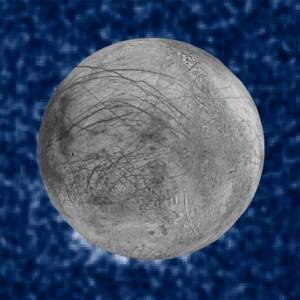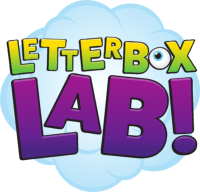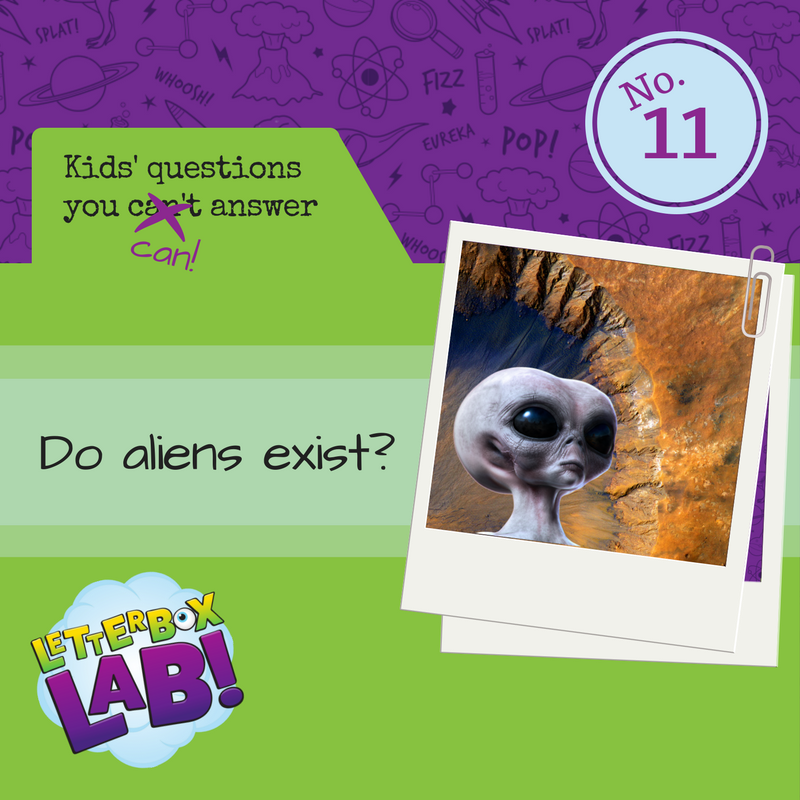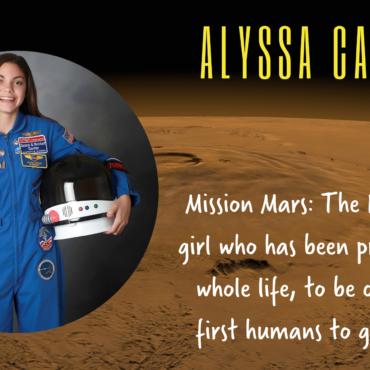If your child asks you this question, don’t feel you actually need to know the answer. Nobody knows, which makes it a great question. Forget UFOs and little green men, we are thinking about the possibility that Earth is not the only place in the Universe where there is life.
Arthur C Clarke said “Either we are alone in the Universe or we are not. Both are equally terrifying.” He makes a fair point – there’s a chance that your child has asked this question because they have somehow picked up a fear of monsters laying eggs in their chest. So before we get too excited thinking about the possibilities of life beyond the Earth we’ll want to make sure we’re not causing any sleepless nights. A good way to start could be to ask them if they’d like it if aliens actually existed. This will let you know if they are asking out of fear or curiosity.
Let’s hope it’s curiosity and start by looking at our immediate neighbourhood. Is there life on other planets in the Solar System? Almost certainly not. Almost. Mercury has no atmosphere, the surface of Venus is hot enough to melt lead and the gas planets are, well, gas. I wouldn’t want to completely rule out the possibility of some giant whale-type creature swimming through the liquid hydrogen layer of Jupiter because it sounds awesome, but we must accept it is unlikely.
We haven’t mentioned Mars, onto which humans have dropped a lot of landers and rovers. Part of their missions has been to test how suitable the planet is for life. There have been a few test results which some have interpreted as possible signs of life on Mars, but a lot of people disagree with these interpretations. The question is not so much “is there life on Mars?” but “was there life on Mars?” – the evidence suggests that Mars was once a much warmer and wetter planet than it is now and could then have been suitable for life.

Credit: NASA, ESA, W. Sparks (STScI), and the USGS Astrogeology Science Center
Forget about planets though, because there’s a lot of excitement at the moment around the possibility of life on moons. There are over 140 moons in the Solar System, mostly orbiting Jupiter and Saturn. Some of these moons such as Europa, Ganymede and Enceladus are covered in ice. Many scientists think that under the ice there could be oceans of water. We’ve even seen geysers spraying what looks like water from beneath the surfaces of these moons. My giant space whale could be a reality after all, or maybe Gungans, or maybe just some bacteria, or maybe nothing.
Even if it turns out that we are the only rock in this corner of space in which chemistry has got its act together and turned into biology we must remember that the Universe is big, really big. Each galaxy has billions of stars and there are billions of galaxies in the Universe. And we now know that many stars have planets – astronomers have estimated (roughly) that there is an average of one planet per star, and who knows how many moons. Other stars are very far away though – it takes light 5 years just to get here from the next star over and light can go a lot faster than we can. Any aliens wanting to come here from another star would have to figure out warp drive or worm holes or some other science fictiony stuff.
Given the vastness of the Universe our being alone seems very unlikely but if it is true that nowhere else in space have the right conditions come together for life to emerge then that makes our planet and ourselves something incredibly special. Our answer to Arthur C. Clarke is that we think either possibility is quite incredible.
Would you like to spend time with your children doing something that’s fun and educational for them and hassle-free for you?
Letterbox Lab is a monthly science kit that arrives through your letterbox containing everything you need to perform incredible experiments with your children.
Your children will love it. It’s colour changing, fizzing reactons, slimes, things that glow in the dark, making helicopters and catapults. All with beautifully illustrated comic-style instructions that they will actually enjoy reading.
You’ll love it because it’s so easy. It just arrives at your house with everything you need to do all the experiments. Unlike other science kits there’s no looking in the back of cupboard for cream of tartar or figuring out where you can buy propanol on a Sunday afternoon. You just open the box and get started with ease.
Find out more about our unique series of science kits here




Add Comment